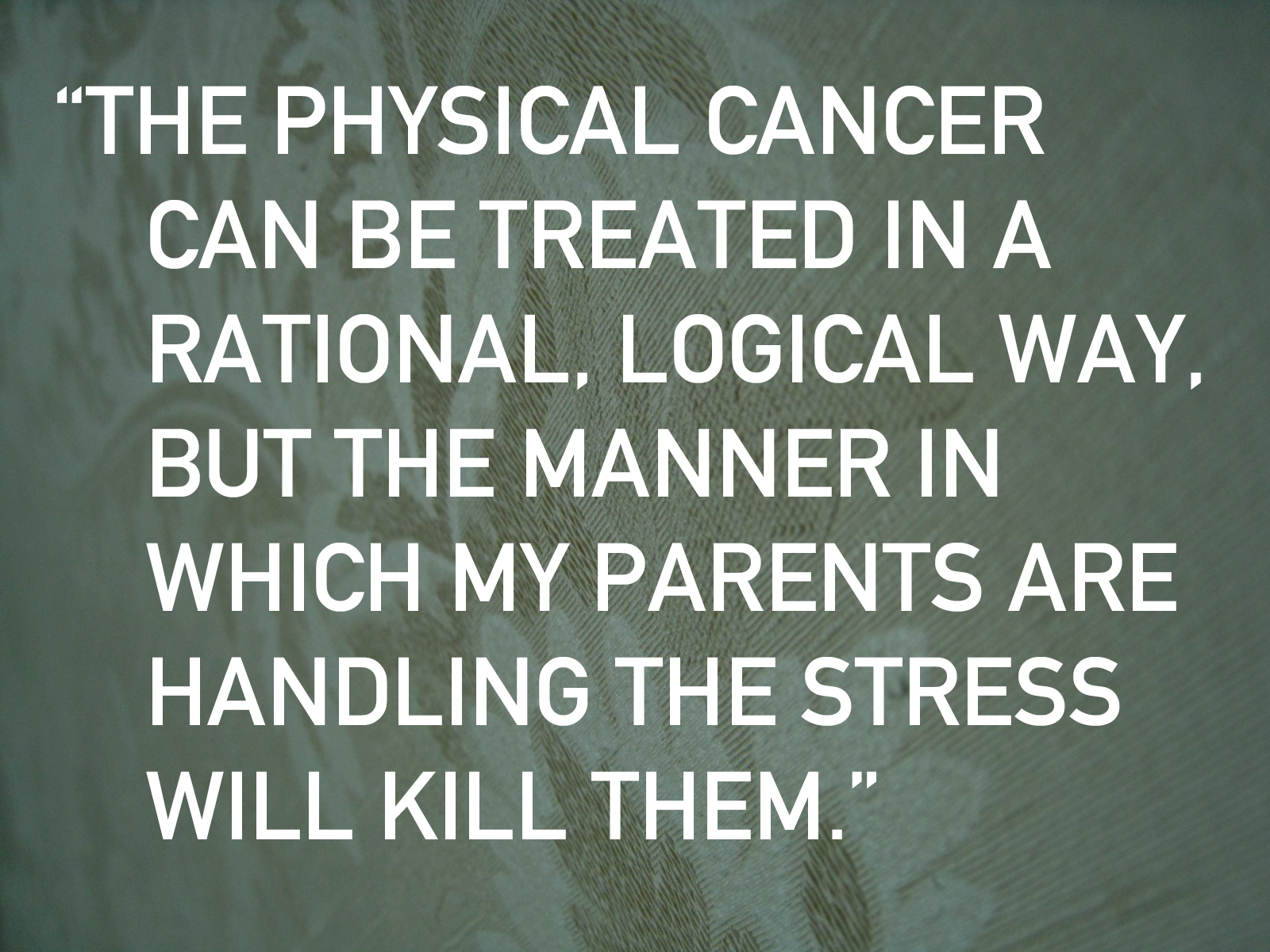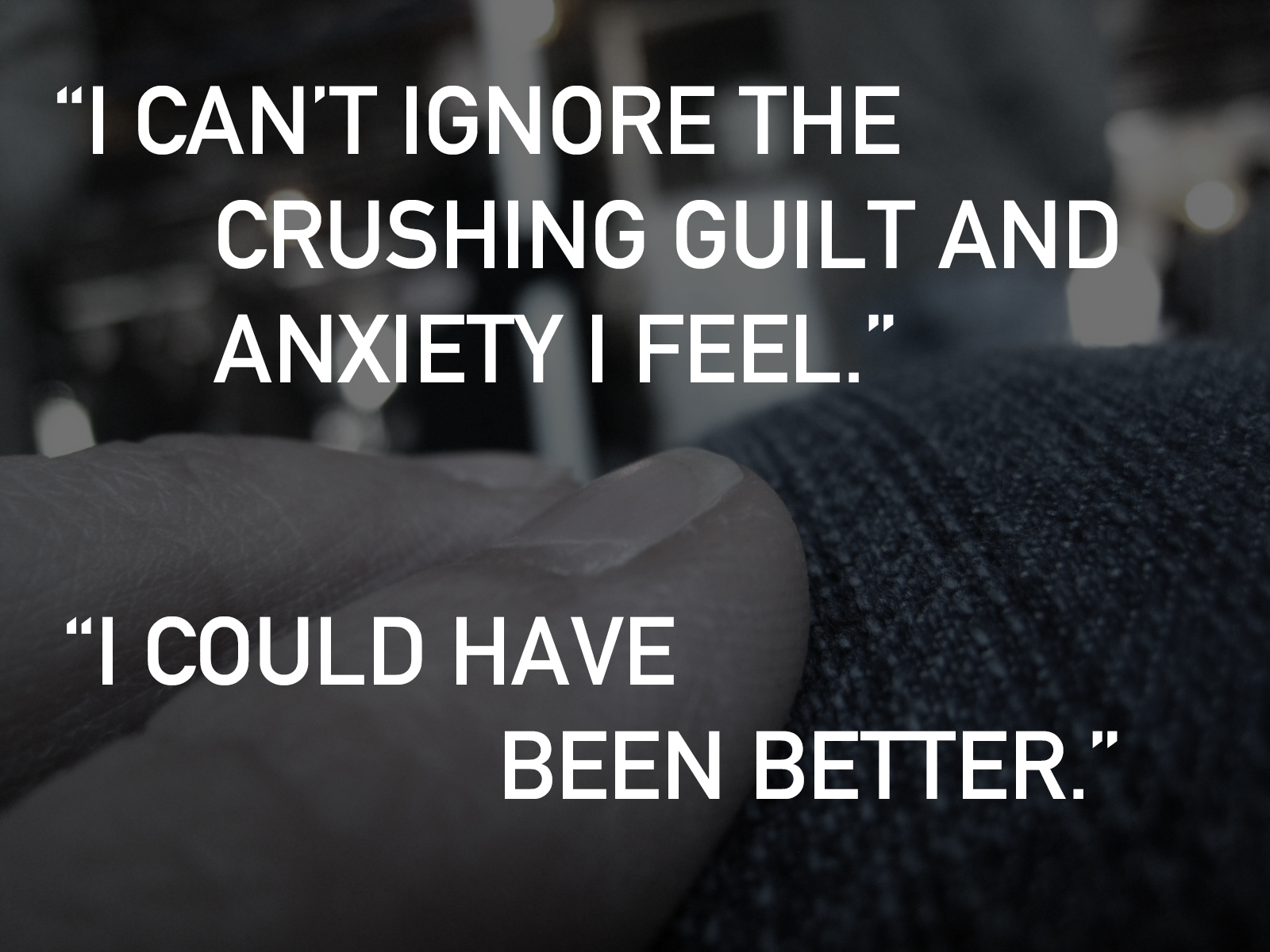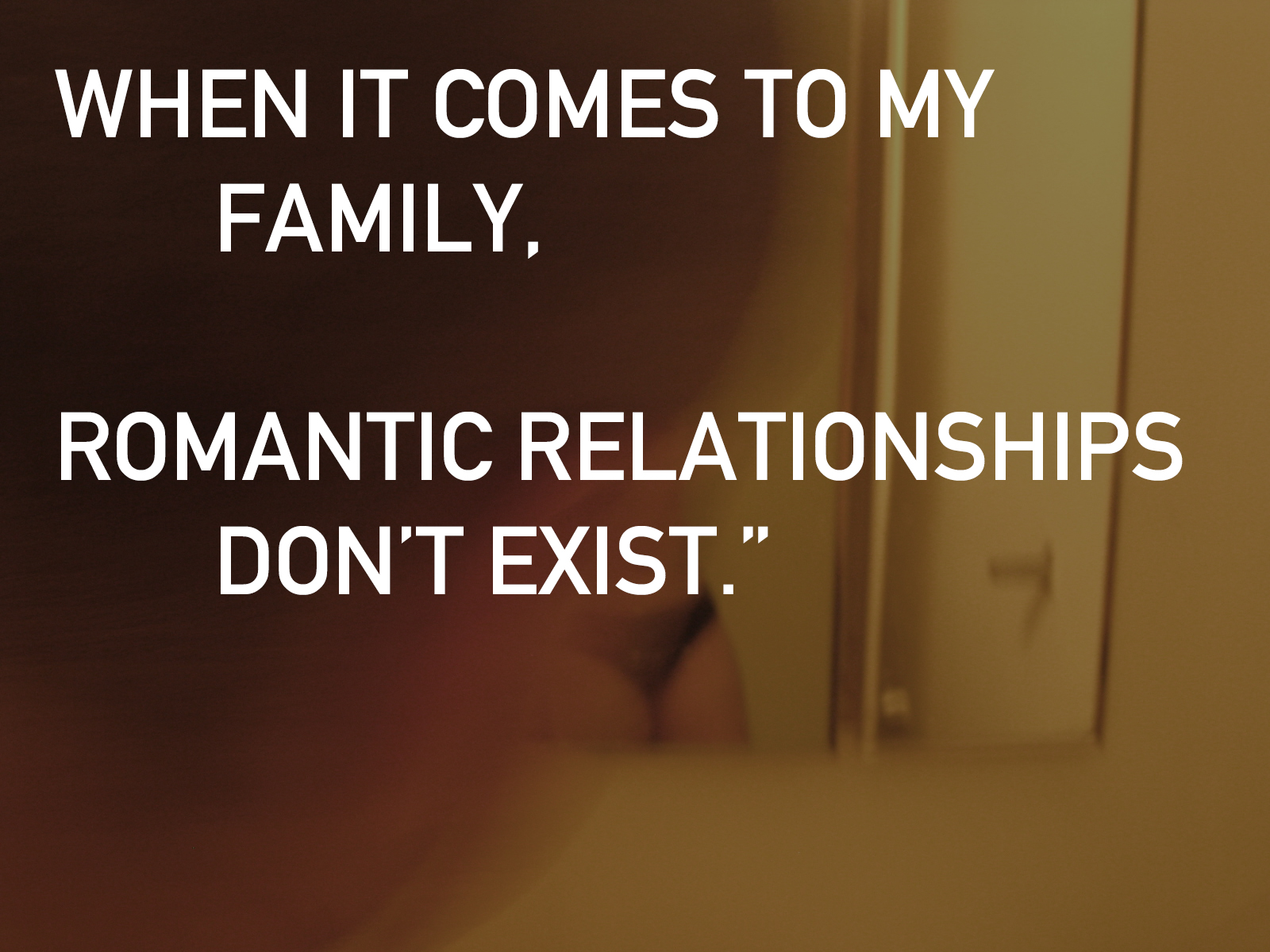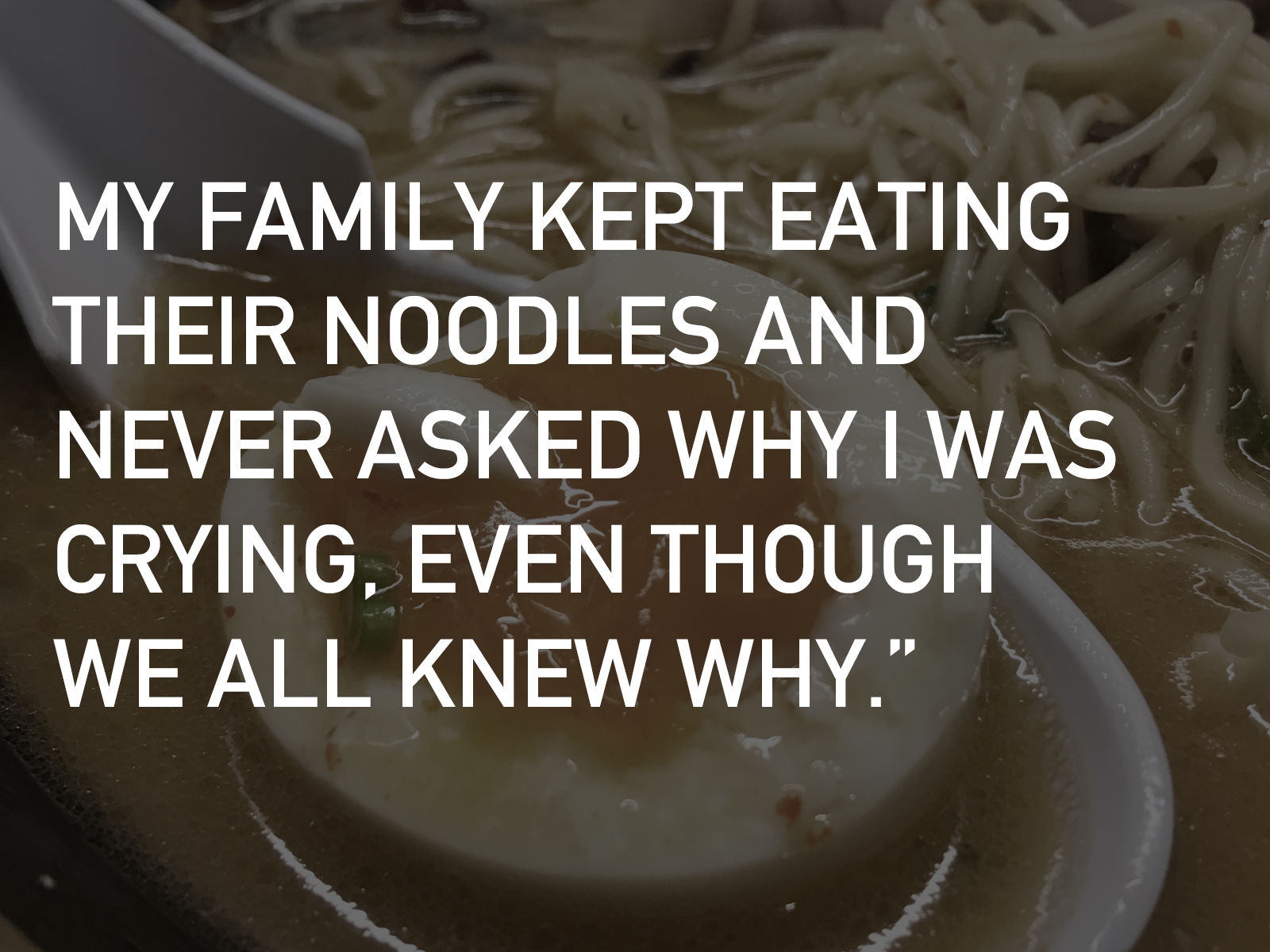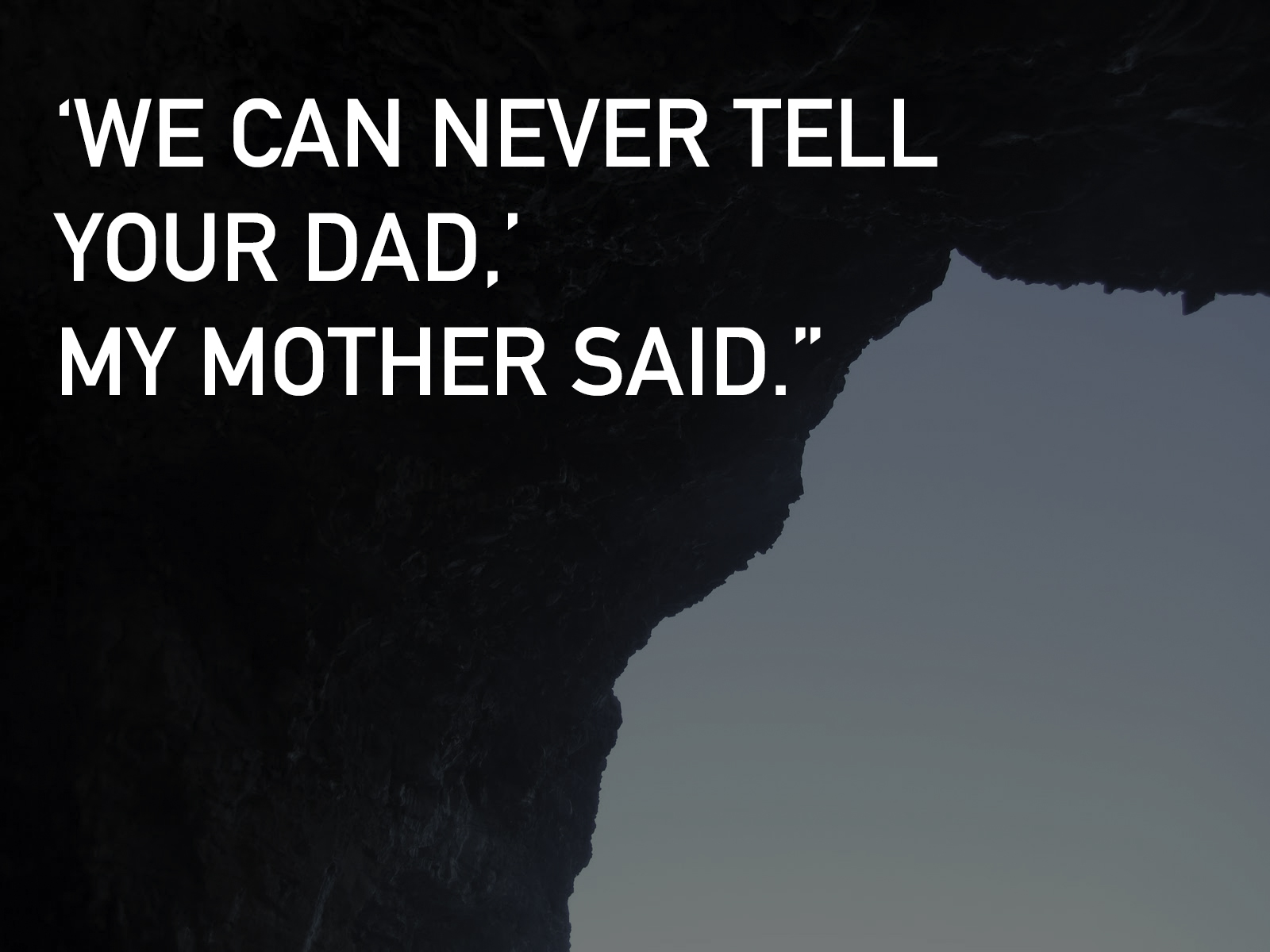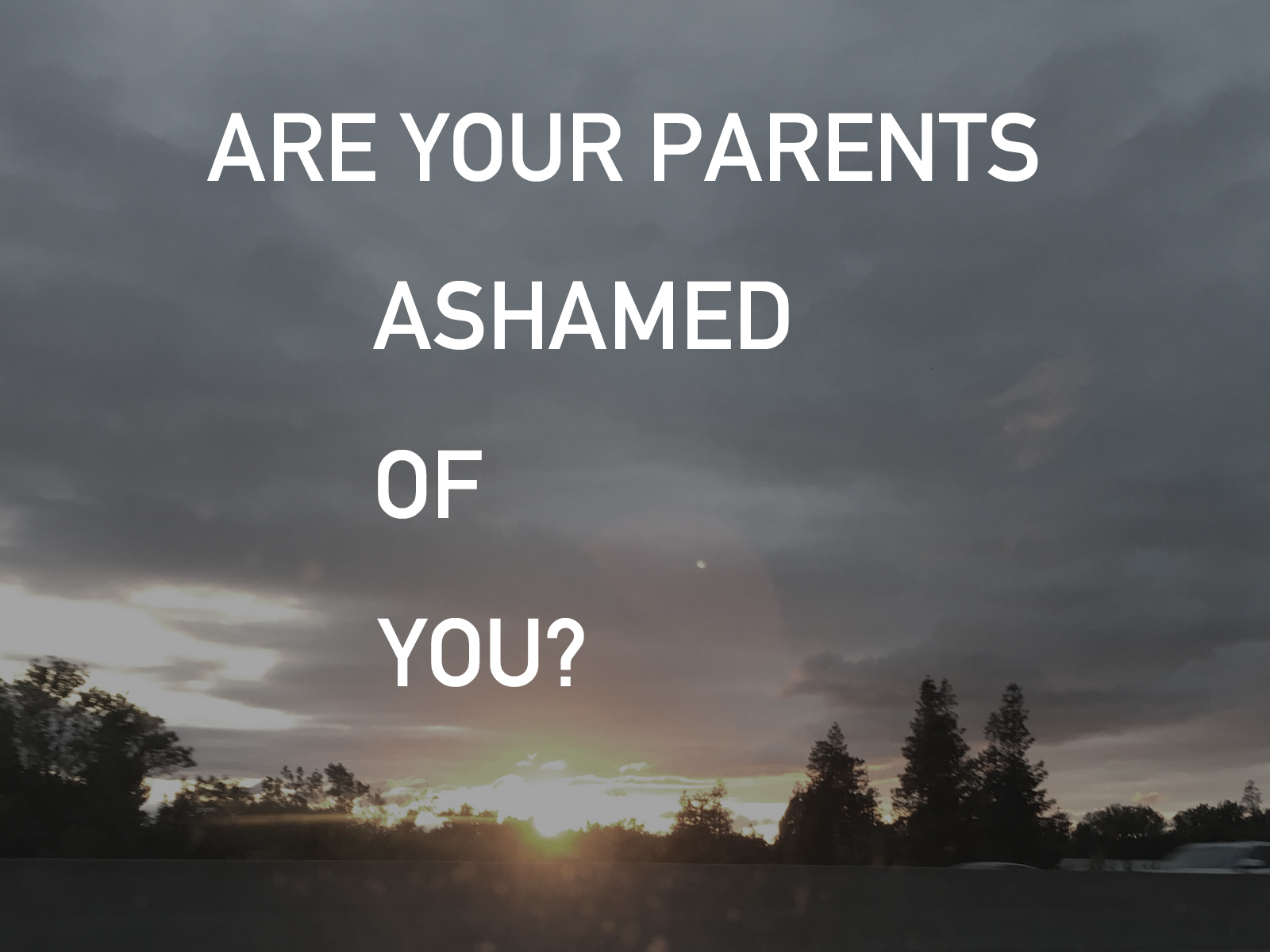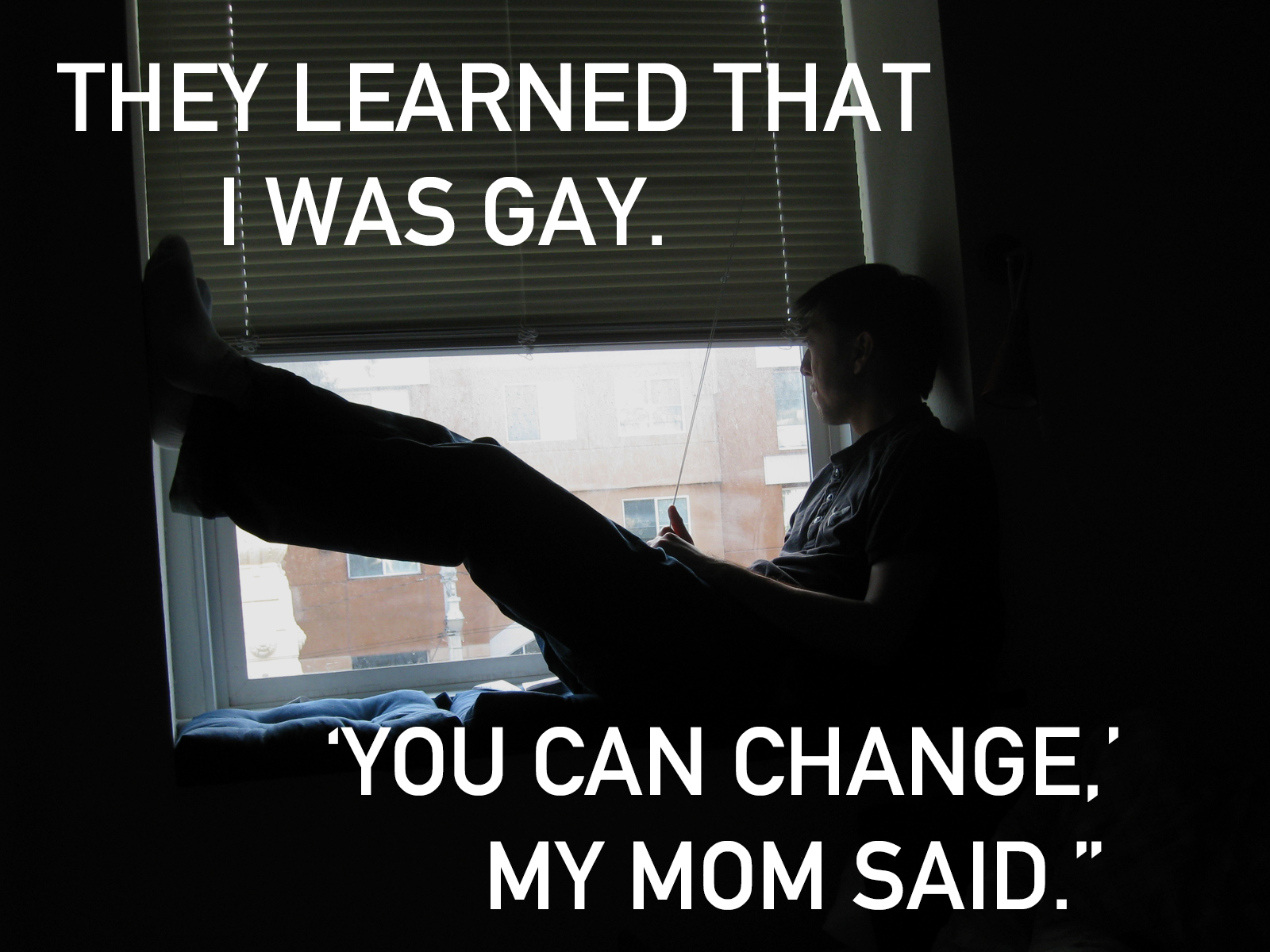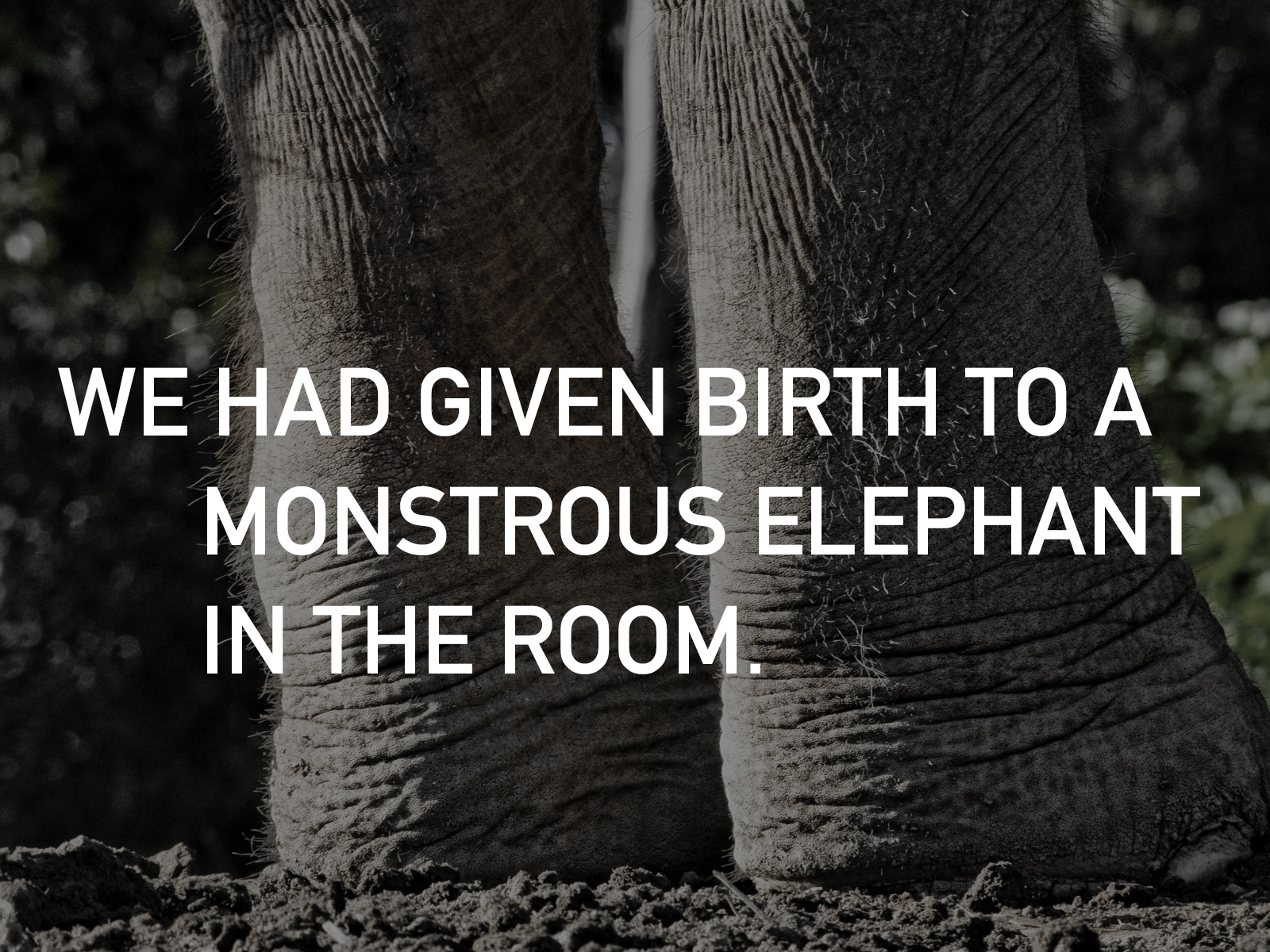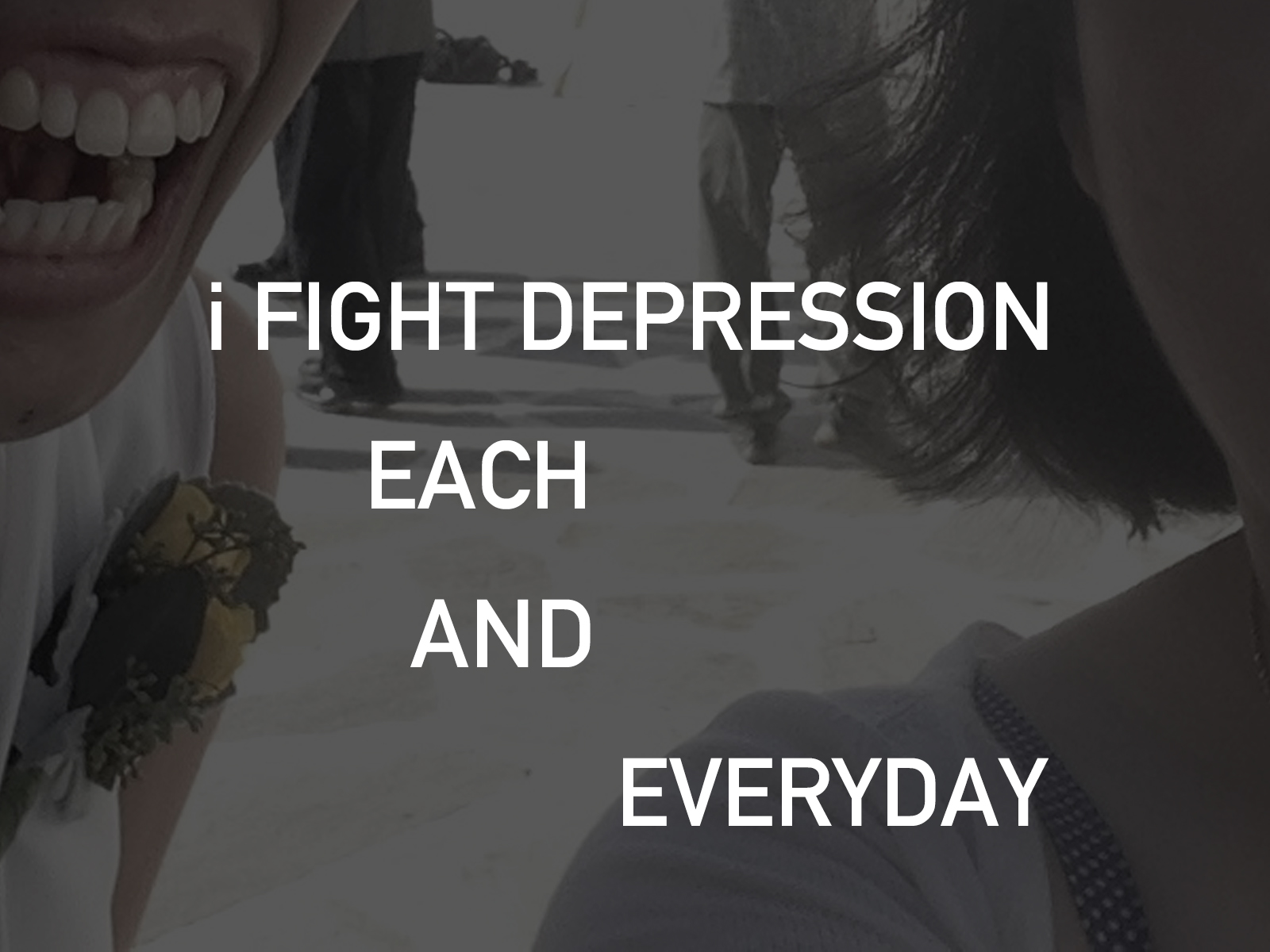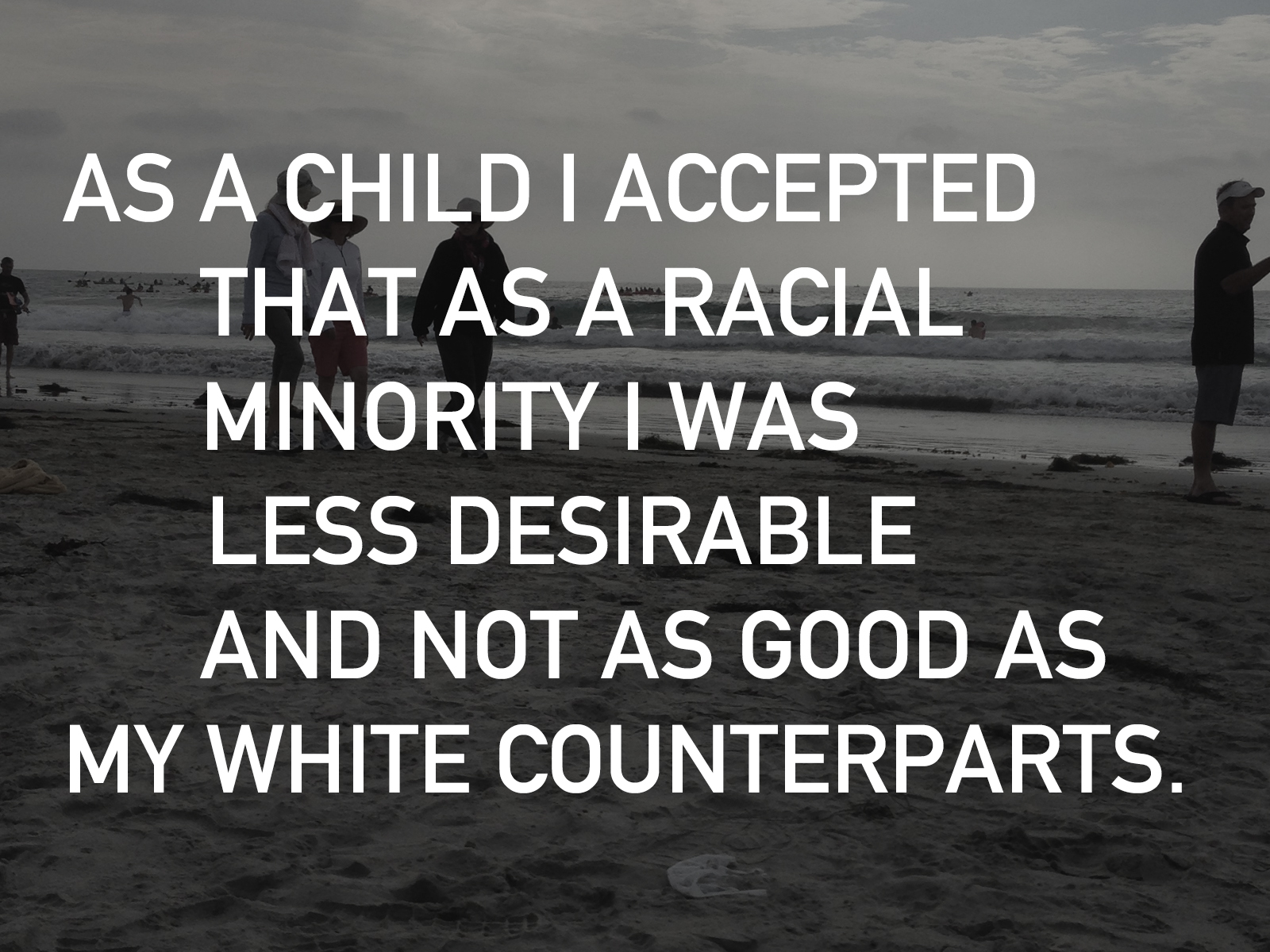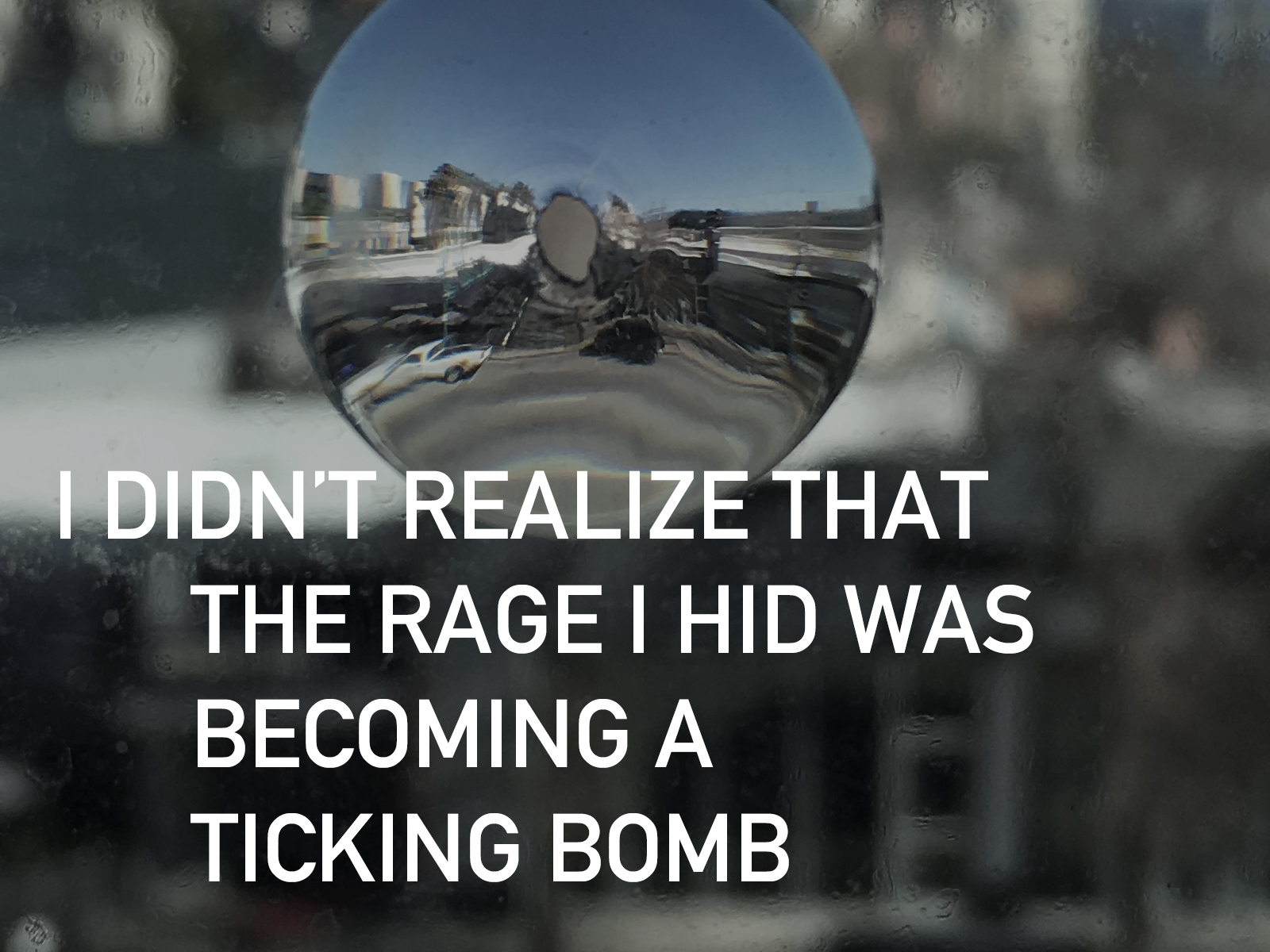Corn-Fed Bulgogi Beef
As a Korean-American adopted by a white family in Overland Park, Kansas I always felt like an outsider and a black sheep. I grew up in a suburban community, which was predominately white and middle-class. My family who adopted me was German by descent. They are tall, husky, red-headed people who loved to eat Kansas City BBQ, watch sports, and have every game and player stat memorized. I on the other hand, am short barely standing over 5 feet, dark haired, and have a hard time memorizing anything including sport stats.
I was adopted from South Korea when I was 6 months old through the Holt Adoption Agency, which specializes in international adoptions. It always baffled me that my parents adopted an Asian baby. Why me? My parents have never traveled to any Asian countries, have never really eaten Asian food, nor have ever studied Asian philosophy or religion.
I once asked them why they adopted me and they said they wanted to have a healthy baby. Ironically, they did have their own healthy biological child three years after my adoption. My brother, David, is their spitting image. He has their exact physical and personality traits, while I have their exact opposites. I was different.
In essence my parents raised me as their child, thus I was raised as a white child. Throughout my whole life, I was called a Twinkie, which meant yellow skin on the outside, white on the inside. My family, my friends, and I all saw myself as white. While everyone who didn’t know me saw me as Asian. I was stuck between two cultures, but I wasn’t accepted or acknowledged into either one of them.
I was confused about who I was; thus ashamed about being Asian and for being different. I did everything I could to shun my culture and to change my Asian physical characteristics. I’ve had almost permanent blond / brown hair for most of my life, two breast enhancement surgeries, and the Asian eyelid crease surgery. This feeling of shame of who you are, of being Asian American or being the black sheep instead of the Germanic sheep, left a weird impression on me.
My immediate family tried to be supportive of these differences and feelings, but it’s something they didn’t understand. I remember a specific childhood instance where I finally made a friend with a new girl named J---- who had a brother named J---. They moved into the neighborhood with their grandparents. I was in four or fifth grade at the time and it was the first time I met J---‘s grandfather. He grew up in another time in American history where Asian Americans were put in relocation camps in World War II and were considered the enemy of the State.
I distinctly remember J---- and me coming home to her grandfather at the front door who immediately called me a “Jap.” He pulled her inside and slammed the door in my face without explanation. She was then yelled at full blast, while I stood at the front door step in utter shock and disappointment in what just happened. It was the very first openly racist remark I ever had in my life and I will always remember it. Since that moment, she wasn’t allowed to play with me, while her brother Jay was allowed to play with my white brother.
Instances like that and others throughout my childhood left a brand or scar on my heart. I tried to explain to my white parents how much it made me feel different and how much it hurt my feelings. My parents said to ignore it and that people are just that way and that they are old; it won’t change their view on how they look at me or view Asian Americans. Unfortunately, as a child I accepted that as a racial minority I was less desirable and not as good as my white counterparts. It was just part of life and something that I had to accept in order to get along with others. I doubt this was the lesson my parents were trying to teach me, but it was the lesson I learned by this experience and many others.
Ironically, I heard a similar life lesson taught by a white mother and son at the San Diego Zoo recently. A mother and son, about four years old, were walking by and I overheard the mother saying, “people come in all different skin tones and that they are people and have feelings too.” When I walked by, I accidentally laughed, but later thought about how valuable that lesson really was, since some people never learned it.
Now after living in San Diego, CA for six years I see that other places in the country are much more diverse than Kansas. I see that raising children and family values are perceived differently, even if some of the family values taught are racism. Although masked by ignorance and lack of exposure to different ethnic groups, the cycle is only being continued. I look back at my own family and we didn’t have any family friends who weren’t white growing up. Now as an adult, I’ve surrounded myself with the most heterogeneous set of friends, of all different ethic racial groups and all sexual orientations. I tend to relate and gravitate toward people who have been discriminated against or felt like the black sheep also, since we have the most in common.
In essence, the one thing that made me feel the most ashamed and ostracized, which was growing up Asian American in Kansas is now one of the most uniting forces to others as a young adult in California. This is largely due to the large Asian American population here and my interest in making other Asian and ethnic groups as friends. This personal anecdote from my childhood isn’t meant to air dirty laundry about my childhood, but to rather unite other Asian Americans who still face racism in their day to day lives no matter what part of the country they live in. Most importantly being a black sheep isn’t a dividing force, but a very powerful uniting force.
SE


